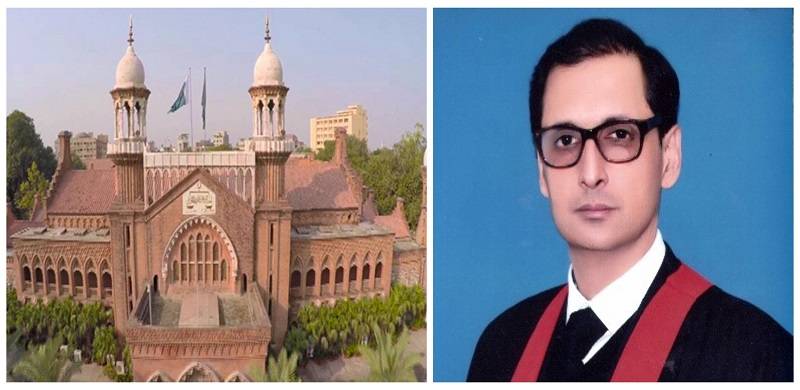
The Lahore High Court (LHC) has dismissed a petition seeking a referendum for the presidential system of government in Pakistan, stating that it would be 'unconstitutional' and 'unmaintainable.'
“Conduct of a referendum goes against the basic structure of the Constitution regarding the democracy," wrote Justice Jawad Hasan in the court's five-page judgement, adding that the court had already decided such matters in previous cases, including the case of Jamshed Iqbal Cheema versus The Election Appellate Tribunal last year.
The present constitutional petition was dismissed at the first hearing on Wednesday. The court maintained that petitions seeking to alter the structure of the Constitution or government had been dismissed in the past as the Constitution and government had been conceived by chosen representatives of the country.
“The concept of decentralization of power and functions has gained currency throughout the world and political philosophers have advocated merits of sharing responsibilities with all the component units of the state instead of concentration and centralization of all the powers within the Federal Government,” the judgment further observed.
The court reified that under the Punjab Government Rules of Business, 2011, the provincial government will exercise its powers as delineated in the framework, as would the federal government exercise powers granted it in the federal framework.
“Most importantly, this Court has to exercise the powers of judicial restraint to protect/guard the sanctity of the Constitution as well as the government institutions established under the Constitution," the court concluded.
“Conduct of a referendum goes against the basic structure of the Constitution regarding the democracy," wrote Justice Jawad Hasan in the court's five-page judgement, adding that the court had already decided such matters in previous cases, including the case of Jamshed Iqbal Cheema versus The Election Appellate Tribunal last year.
The present constitutional petition was dismissed at the first hearing on Wednesday. The court maintained that petitions seeking to alter the structure of the Constitution or government had been dismissed in the past as the Constitution and government had been conceived by chosen representatives of the country.
“The concept of decentralization of power and functions has gained currency throughout the world and political philosophers have advocated merits of sharing responsibilities with all the component units of the state instead of concentration and centralization of all the powers within the Federal Government,” the judgment further observed.
The court reified that under the Punjab Government Rules of Business, 2011, the provincial government will exercise its powers as delineated in the framework, as would the federal government exercise powers granted it in the federal framework.
“Most importantly, this Court has to exercise the powers of judicial restraint to protect/guard the sanctity of the Constitution as well as the government institutions established under the Constitution," the court concluded.

